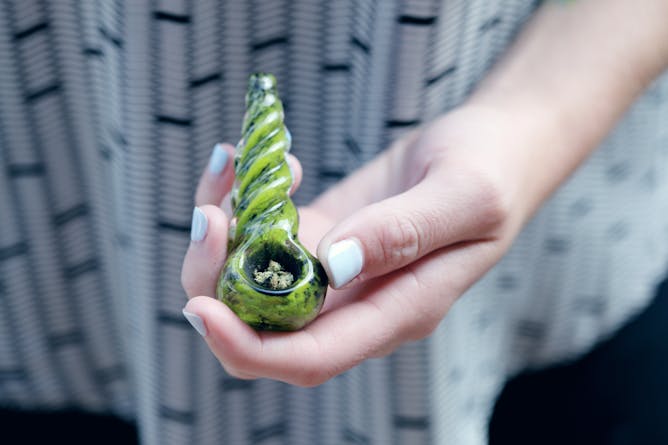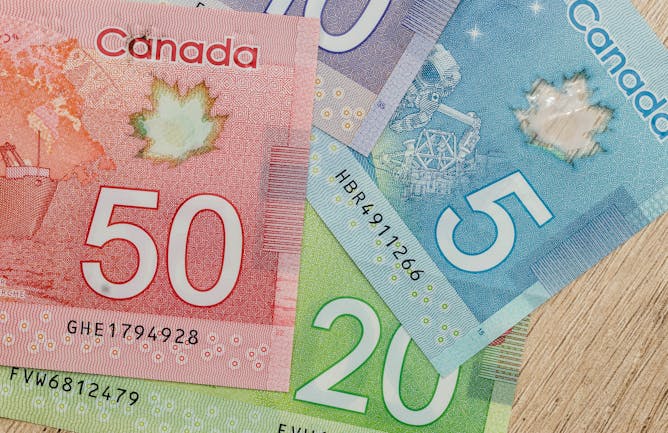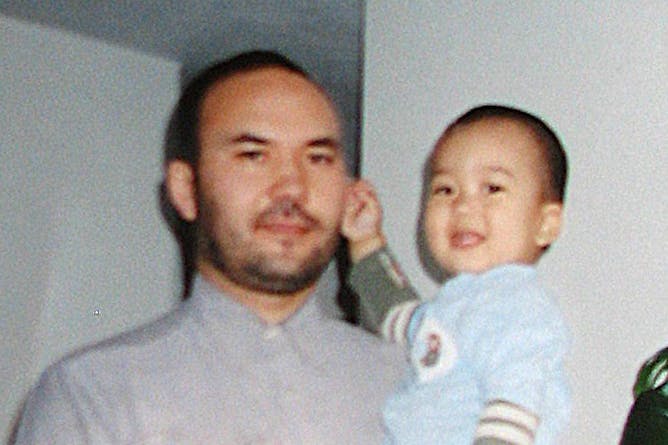|
It was just four months ago that cannabis was legalized in Canada. But what do we know about how legal cannabis is being bought and consumed? Today in The Conversation Canada, Michael Armstrong of Brock University looks at the results of the recently released National Cannabis Survey by Statistics Canada and analyses what the data tells us about our pot preferences.
Last year one of our most read articles was written by George Nicholas, who looked at how western science was just catching up to things Indigenous people have had detailed knowledge about for centuries. The professor of archaeology from Simon Fraser University returns with a followup piece about how science benefits from competing views.
And finally…in case you weren’t checking your emails yesterday, I’ve highlighted again two articles we ran on Family Day – a look at a Canadian who is languishing in a Chinese jail and advice from an investment expert on whether RRSPs or TFSAs are the best savings vehicles for you.
Regards,
|

Data from provinces varies, but it generally shows Canadian cannabis users prefer to buy dry flowers (to smoke or vape their weed), want high-quality products and prefer shopping in bricks-and-mortar stores rather than online.
Sharon McCutcheon/Unsplash
Michael J. Armstrong, Brock University
Government data outline what’s popular with Canadian cannabis shoppers. Among other things, they prefer smoke-able cannabis, high-quality products and in-store shopping.
|

The study of caribou ecology in the Sahtú region of Canada’s Northwest Territories shows how western science and Indigenous Traditional Knowledge are used together.
Shutterstock
George Nicholas, Simon Fraser University
Science is a multicultural enterprise that benefits from and indeed requires competing views.
|

It’s tax season. Should you put money in RRSPs or TFSAs?
(Shutterstock)
Eric Kirzner, University of Toronto
It's never too early nor too late to start your saving program. Whether it’s an RRSP or TSFA -- or preferably both -- they are both important and easy ways to help you achieve your financial goals.
|

Huseyin Celil is seen here with one of his youngest children in this 2006 photo taken shortly before his arrest.
Creative Commons
Charles Burton, Brock University
Another case involving an even more egregious violation of international law by China against Canada languishes largely forgotten.
Huseyin Celil, a Canadian citizen, has been in jail since 2006.
|

Des protestataires fuient les forces policières qui leur tirent dessus, lors d'une manif à Port-au-Prince demandant la démission du président Jovenel Moise. Parmi les mécontentements,
les pannes de courant qui se répètent de plus en plus en Haïti et symbolisent la perte de pouvoir du peuple.
AP Photo/Dieu Nalio Chery
Greg Beckett, Western University
L’électricité est une question politique tendue en Haïti. Seulement le quart de la population y a accès, et ceux qui l’ont en profitent rarement toute la journée, tous les jours.
|
Culture + Society
|
-
Brian Clites, Case Western Reserve University
The Catholic survivor movement in the United States was founded by two women: Jeanne Miller and Marilyn Steffel, in the late 1980s. It has taken close to 30 years for the Vatican to take action.
|
|
Health + Medicine
|
-
Elizabeth Neale, University of Wollongong; Sze-Yen Tan, Deakin University; Yasmine Probst, University of Wollongong
Nuts do contain fat, but the evidence shows they won't make us gain weight if eaten in moderation. We have a few theories as to why this might be.
|
|
Politics
|
-
Fola Adeleke, University of the Witwatersrand
This is not the first time a Nigerian poll has been postponed but it is certainly the most dramatic.
|
|